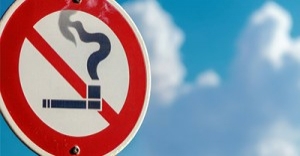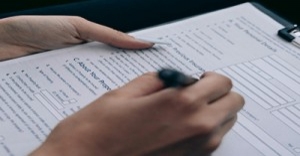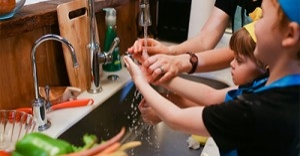

The Queensland Kindgerten Learning Guidelines (QKLG) has been revised for implementation in 2019. Kindergarten teachers in approved and funded services will now implement the updated QKLG.
For Educators and Providers of OSHC Services, the Department of Education has partnered with the Early Childhood Australia to develop free online professional learning customised to meet the needs of NSW OSHC services.
The Guide To The National Quality Framework has recently been updated to reflect minor updates and changes to the National Law and Regulations.
Whether you are reflecting on yourself or reflecting on others, reflective practices provide you with an opportunity to learn and draw open diverse knowledge, views, experiences, views and attitudes within yourself and others.
While reflecting it forces us to analyse different aspects of experiences we offer to make judgements in what should be repeated, extended or changed. This enables us to develop and extend on children’s learning and build upon their knowledge and skills.
Reflecting is not only about what happened and why. It also guides our decision making. It forces us to analyse different aspects of experiences we offer to make judgements in what should be repeated, extended or changed.
Reflections are observing, listening, thinking deeply about the meaning of what you have observed and heard, and using that information to inform your practice and continually respond and reflect.
Reflections are an ongoing occurrence that enables us, educators, to think honestly about our professional practice and ideas. It challenges us to take a step back to analyse our personal experiences to enhance learning and speculate upon the future and act.
Reflective practice is learning from everyday situations and issues and concerns that arise which form part of our daily routine while working in an early childhood setting.
A reflection allows us to analyze our experiences, make changes based on our mistakes, keep doing what is successful, and build upon our knowledge.
 As of 2024–2025, new national regulations across Australia have significantly tightened restrictions on smoking and vaping in and around early childhood education and care (ECEC)… Read More
As of 2024–2025, new national regulations across Australia have significantly tightened restrictions on smoking and vaping in and around early childhood education and care (ECEC)… Read More
 The Australian Government Department of Education has engaged ORIMA Research to conduct an online ECEC Staff Survey. By collecting this data over time, the Department… Read More
The Australian Government Department of Education has engaged ORIMA Research to conduct an online ECEC Staff Survey. By collecting this data over time, the Department… Read More
 Australian Food Safety Week offers a vital opportunity to embed safe food practices into early learning environments. This year’s theme invites educators and children to… Read More
Australian Food Safety Week offers a vital opportunity to embed safe food practices into early learning environments. This year’s theme invites educators and children to… Read More
© 2009-2025 Aussie Childcare Network Pty Ltd. All Rights Reserved.

